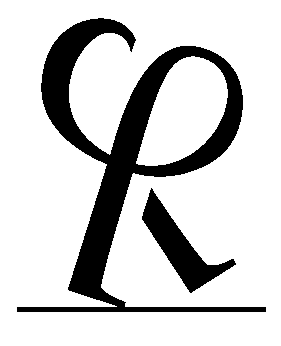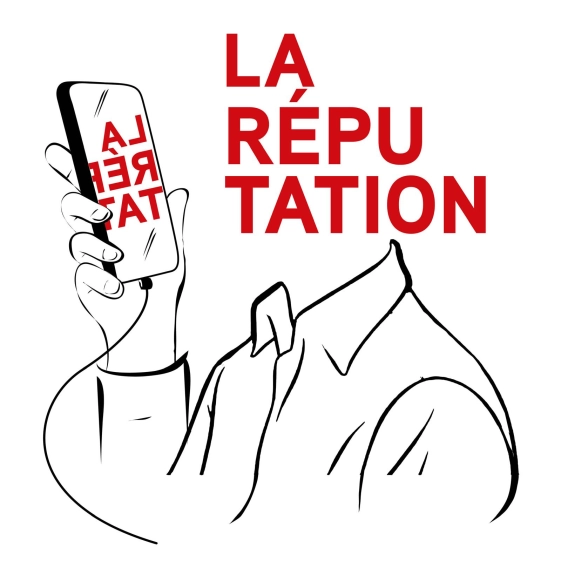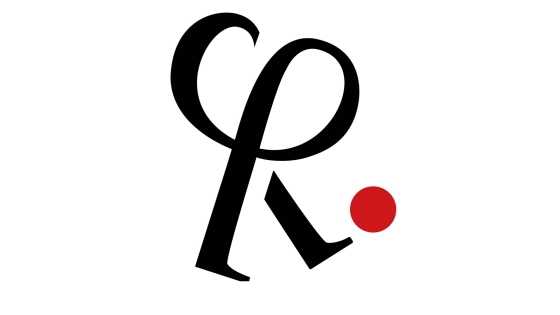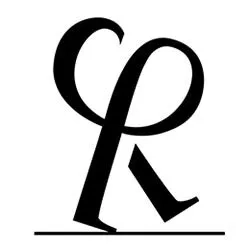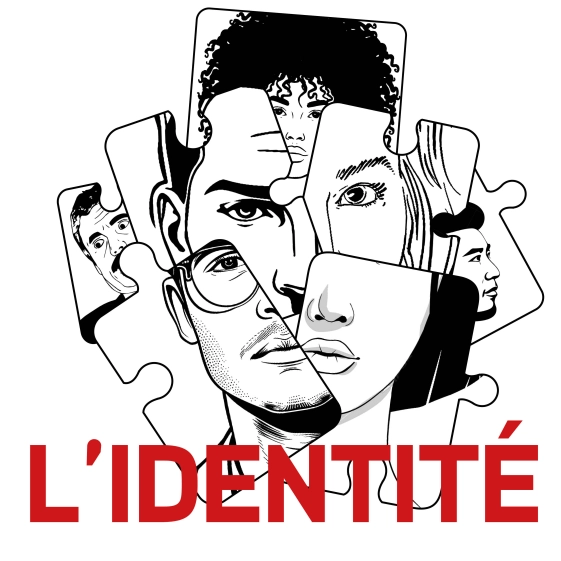Discord – Dialogue, divide and conflict
Even in its sounds, there is something light, childlike and comical about the word zizanie (meaning "discord") – not something that you would expect when considering the severity of the conflicts that are currently shaking our world, the crises, the violent confrontations, the deadly clan rivalries, the acts of barbarism, the terrorist attacks, the razing of cities, the bombings and trench warfare... Bisbille (quarrel), brouille (feud), querelle (dispute) – these are the words that more immediately spring to mind. Cereal farmers do not see it that way, since the name also applies to a plant – a type of grass from the genus lolium, "intoxicating" (Lolium temulentum) and invasive, like ryegrass – which can infest wheat fields and has been known to ruin harvests. It is essentially a devil, seeking to deprive good people of their bread. Farmers sow good seed in their fields, but during the night a devil, the farmer’s enemy, plants some zizanie. The seeds mature, but so does the weed: how do you uproot one without disturbing the other? There is no choice but to let them grow together: only at harvest time will it be possible to pull out the zizanie, bind it into sheaves, burn it and fill the granary with good wheat. It is this parable from the Gospel (Matthew 13, 24–30) that will make zizanie famous, so to speak, by making it the symbol of evil, so intertwined with good that it rends the latter difficult to understand and practice.Today, it is not in the wheat fields that zizanie is being sown, but – in the form of points of contention, axes to grind, tensions, conflicts, hateful rhetoric and more – within the fabric of society and in the minds of very many people. Consequently, it is not a question of analysing the causes and consequences of the armed conflicts that are bringing bloodshed to the world, and to Europe in particular, but rather of reflecting on this particular leprosy that has poisoned interpersonal relationships, made societies that were said to be "liquid" harder, more nervous, angrier, ready to explode, that has transformed social dialogue into non-stop noise, a cacophony where only the sharpest sounds can be heard, the clamour, the most radical and simplistic slogans, the most hateful appeals, the most absurd arguments, the strongest curses, expressions of the most implausible beliefs and opinions... Of course, we cannot name the "enemy" – of democratic societies – which has sown the roots of this weed, the fault lines of havoc, in the soil of society. And it would probably be too obvious to mention the role of social media, which appear to have undergone a terrifying (yet very profitable for the owners) involution: originally intended to promote free communication and "horizontal" dialogue in all directions, they have become steel ball factories, simply vertically assembling spheres in which all those who, depending on the type of bubble, share the same opinion, take comfort in their shared beliefs, however crazy they may be, without ever confronting the monads superimposed in a parallel column, and thus killing any opportunity for confrontation or the refining of conflicting ideas, which is the basis of all authentic dialogue. But the sowing of zizanie, or discord, must undoubtedly be sought upstream, in the dissemination of the idea that truth could be a simple "option" – like tinted windows in a car or a HEPA filter for a vacuum cleaner – that the "more or less true", the plausible, the "not entirely false" or the outright false have as much value and greater effectiveness. The wheat in the fields began to rot with the advent of the post-truth era, which opened up the floodgates of disinformation, fakes and conspiracy theories, and killed social dialogue itself. What is a dialogue, in fact, if not an attempt to push thought, by successive repetitions, to get as close as possible to reality, and thus to approach a truth through (dia) the reasoned, reasonable, rational confrontation of ideas or theories – and establish an agreement, a concord? Or, if truth is "optional", if sophistry is as good as truth, if error, fudge and blunder are the same thing, if false news is more effective and "impactful" than the actual news, then everything can be reduced to an "opinion", every science will be an opinion, every statistic a "set-up", every piece of reasoning a trick, every agreement a calculation, every consensus a trap. In short, it will not be possible to delegitimize anything, no propaganda, no pressure, no method of "influence", no sleight of hand, no mystification, no nonsense, no trickery - abuse of weakness, punches and baseball bats - no prevarication, no violence, no harassment. To the extent that no one knows "what to think" anymore, when no one dares to "intervene in the conversation", fearing the heaps of insults that will come their way no matter what is said, when they withdraw, silent, in a kind of disarray – the sickness that appears when we no longer know how to "be in society".Robert Maggiori
© Monaco Philosophical Encounters.
Proposed by :
Rencontres Philosophiques de Monaco
Location :
Théâtre Princesse Grace
PHILOSOPHY
All Audiences
FR



